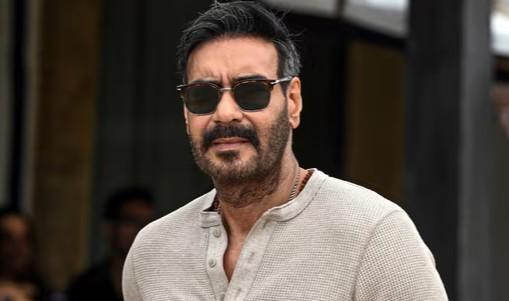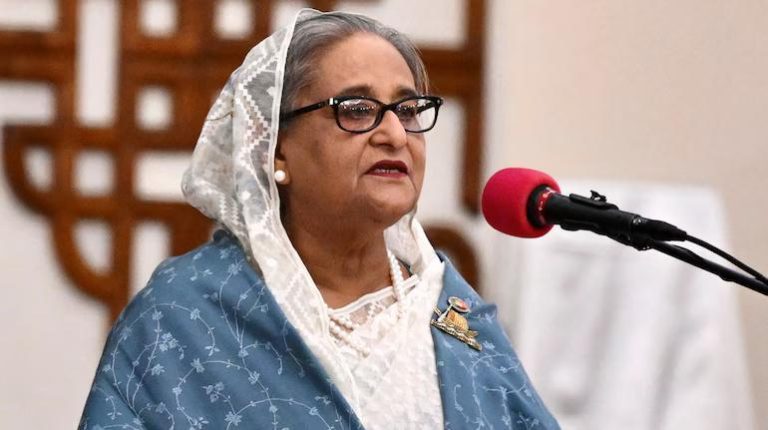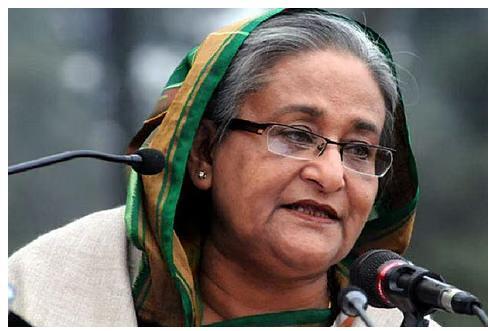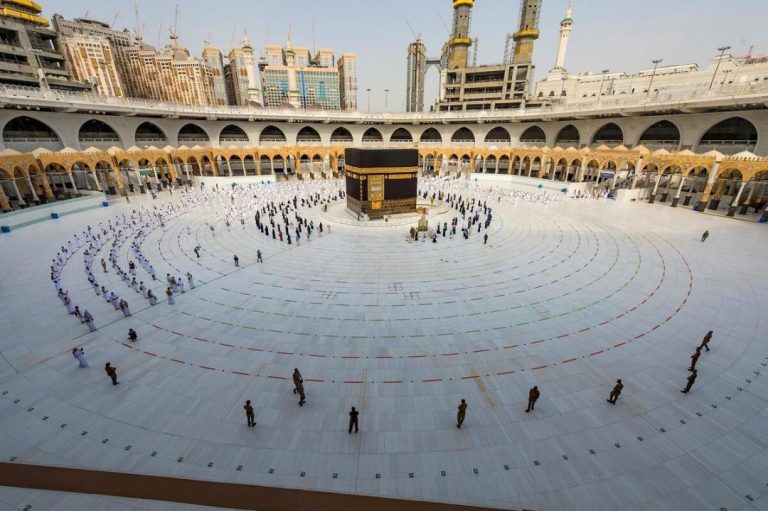
Title: Don’t get volatile behaviour: Vaani on censorship & cancel culture
In recent times, the movie industry has been plagued by the issues of censorship and cancel culture. The latest controversy surrounding the ban of ‘Abir Gulaal’ release in India has sparked a heated debate on the matter. Amidst the chaos, Bollywood actress Vaani Kapoor has shared her thoughts on the topic, expressing her disapproval of the volatile behavior that comes with cancel culture. In an interview, she emphasized that this culture restricts artists’ freedom to explore new ideas and create something unique.
Vaani’s statements have sparked a lot of interest among fans and critics alike. Many people are wondering what exactly cancel culture is, and how it affects the creative industry. To better understand the situation, let’s delve into the concept of cancel culture and its impact on the movie industry.
Cancel culture, in simple terms, refers to the phenomenon of publicly shaming, boycotting, and ostracizing individuals or groups for their perceived wrongdoings, often on social media. This can include anything from making a controversial statement to engaging in unacceptable behavior. The goal of cancel culture is to hold individuals accountable for their actions and to punish them for any perceived wrongdoing.
However, many argue that cancel culture has gone too far and has become a form of censorship. Instead of promoting constructive dialogue and understanding, it often leads to mob mentality and the silencing of opposing viewpoints. This can be particularly damaging in the creative industry, where artists and writers rely on the freedom to express themselves to create something unique and meaningful.
Vaani’s concerns about cancel culture are not unfounded. Many artists have faced backlash and even had their work canceled due to perceived slights or controversies. For instance, the 2018 controversy surrounding the release of the movie ‘Padmaavat’ sparked heated debates and even led to threats and violence against the film’s cast and crew. Similarly, the 2020 controversy surrounding the release of the movie ‘Gulabo Sitabo’ led to a wave of backlash and even the withdrawal of the film from some theaters.
Vaani’s statements on censorship are equally relevant. Censorship, as she pointed out, sets boundaries for artists and restricts their freedom to explore new ideas. This can lead to a stifling of creativity and a lack of innovation in the industry. Censorship can also lead to the suppression of marginalized voices and perspectives, further perpetuating systemic inequalities.
Vaani’s comments have sparked a lot of interest and debate on social media. Many fans and critics have expressed their support for her views, while others have criticized her for being tone-deaf to the concerns of marginalized communities. However, it’s crucial to understand that Vaani’s statements are not intended to dismiss the concerns of marginalized communities but rather to highlight the need for a more nuanced approach to cancel culture and censorship.
In conclusion, Vaani Kapoor’s comments on cancel culture and censorship have sparked a much-needed conversation about the creative industry and the importance of artistic freedom. While cancel culture may have its benefits, it’s crucial to recognize the potential harm it can cause and the need for a more constructive approach. By promoting constructive dialogue and understanding, we can create a more inclusive and innovative industry that celebrates diversity and creativity.






